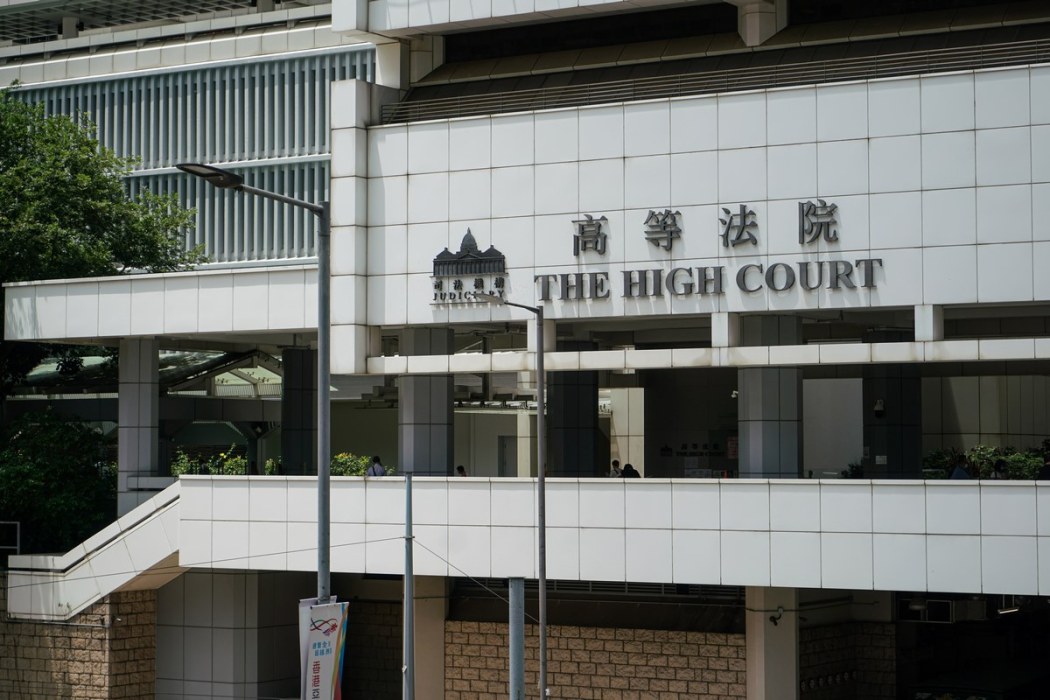A former Hong Kong lawmaker accused of ”subversion” under the Beijing-imposed national security law has been denied bail by the city’s High Court.
Democratic politician, Andrew Wan – who is one of a group of 47 people charged under the controversial new provisions – was ordered to remain behind bars pending trial by Justice Esther Toh.
Wan and 46 other pro-democracy figures are accused of “conspiracy to commit subversion” by organising and participating in an unofficial legislative primary election last July.

According to local media, Wan’s bail hearing lasted more than hour and Toh said she would deliver the reasons for her verdict later. Under existing Hong Kong law, only limited details of a bail hearing can be reported by the media, unless the court orders otherwise.
Kwai Tsing district councillor Wan, 51, has been held in the Lai Chi Kok Reception Centre for almost three weeks after he was denied bail by Chief Magistrate Victor So on March 4. So had agreed to release 15 other defendants on bail pending trial, but after government prosecutors challenged his decision, only 11 were released.
Those denied bail will be detained for three months until the next hearing on May 31.
Wan had earlier forfeited his right to appear in front of So every eight days for a review of his bail status. On his Patreon account established days after he was initially remanded in custody, Wan’s staff said the politician had waived that right because he believed there was “little chance” that So would grant him bail.

“Wan is not giving up, [he] is saving his breath,” the post read.
The High Court will hear three more bail applications next Monday. They concern former legislator Claudia Mo and activists “Long Hair” Leung Kwok-hung and Jimmy Sham.
Hong Kong’s Court of Final Appeal ruled last month that the national security law has created a “specific exception” to the general rule in favour of granting bail. The top court said there is a “stringent threshold requirement” for bail applications related to national security cases.

The prosecution allege the 47 democrats participated in a scheme with the intention of obtaining control of the legislature to “indiscriminately” veto budget bills, paralyse government operations and force the chief executive to step down.
The national security case against the 47 is the largest since Beijing enacted sweeping provisions last June without local legislative oversight. The controversial law – described as draconian by its critics – criminalises secession, subversion and collusion with foreign powers.
Correction 29.03.2021: a previous version of the article incorrectly stated that the High Court would hear four bail applications on March 29, including one by district councillor Ben Chung. Chung’s bail hearing will take place on March 31.
Support HKFP | Policies & Ethics | Error/typo? | Contact Us | Newsletter | Transparency & Annual Report | Apps
Help safeguard press freedom & keep HKFP free for all readers by supporting our team
























